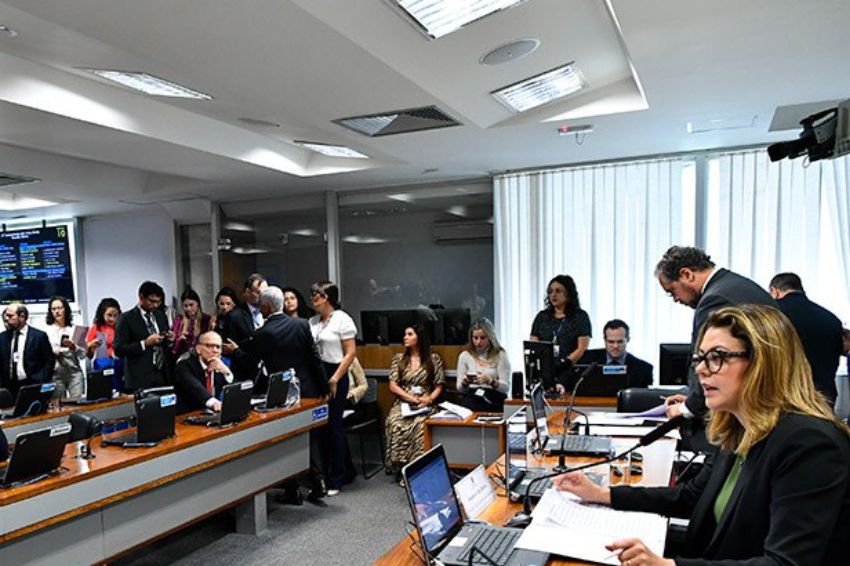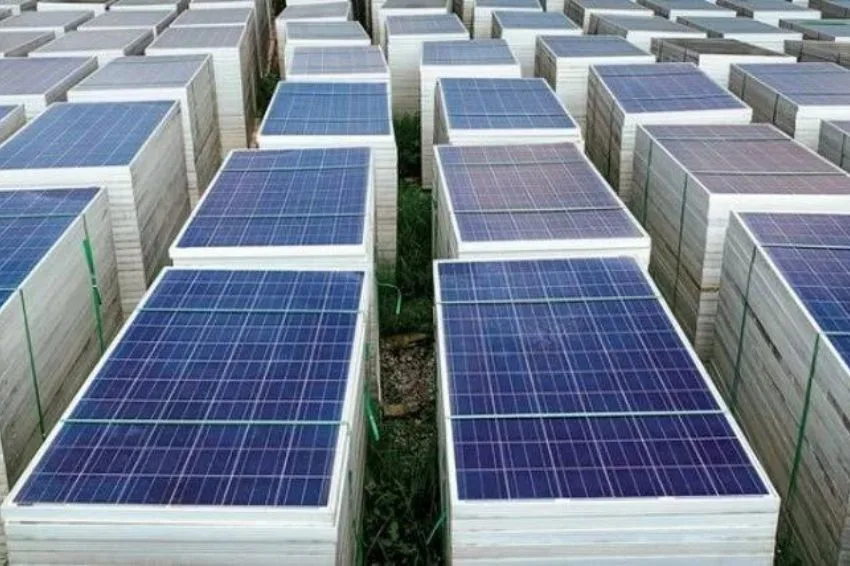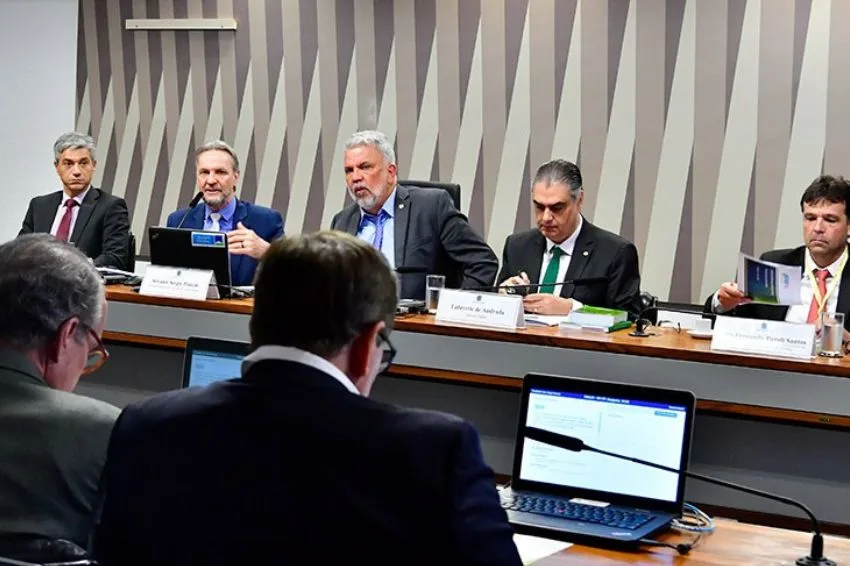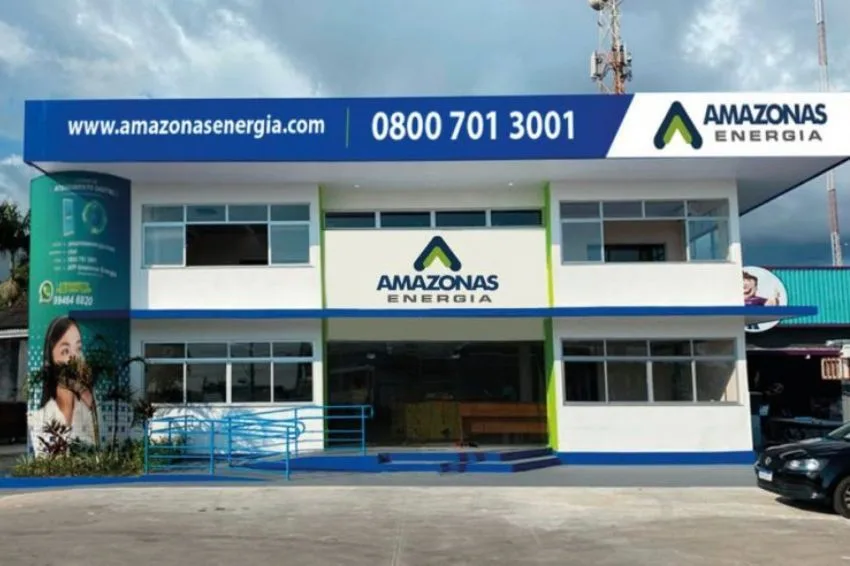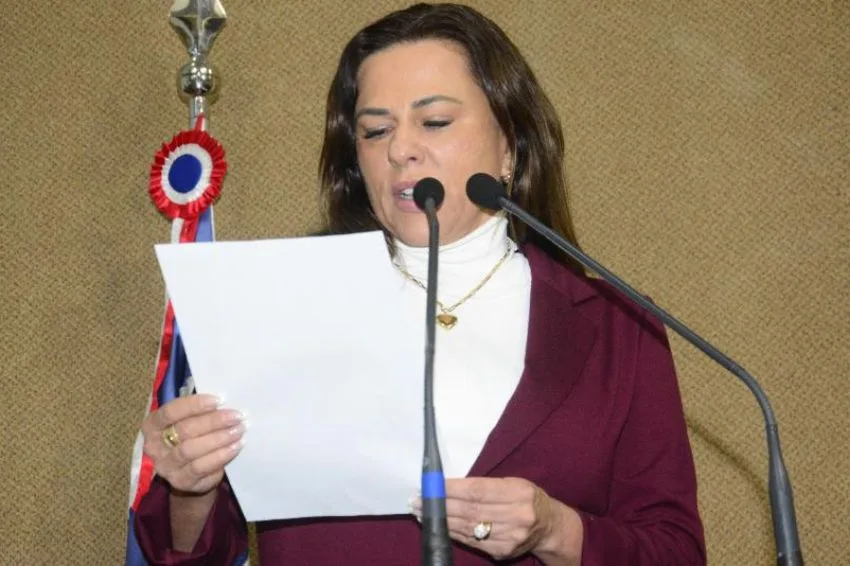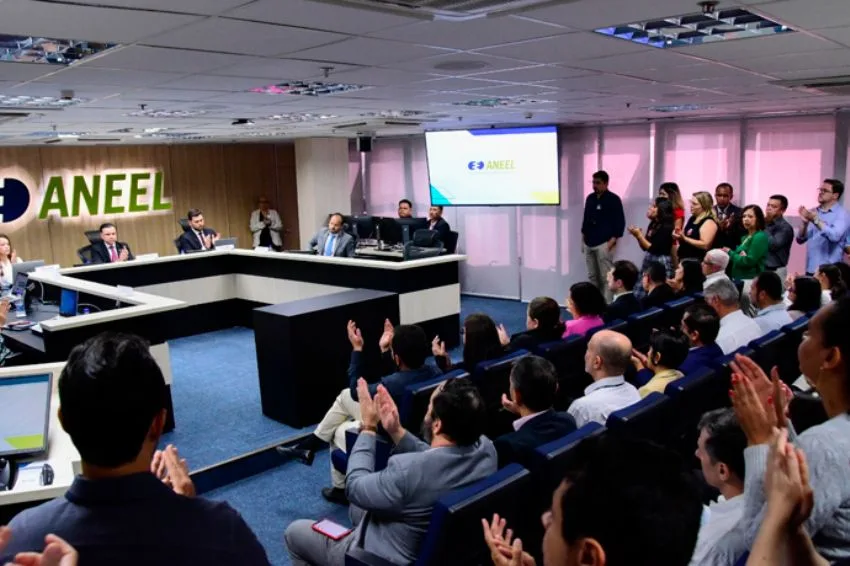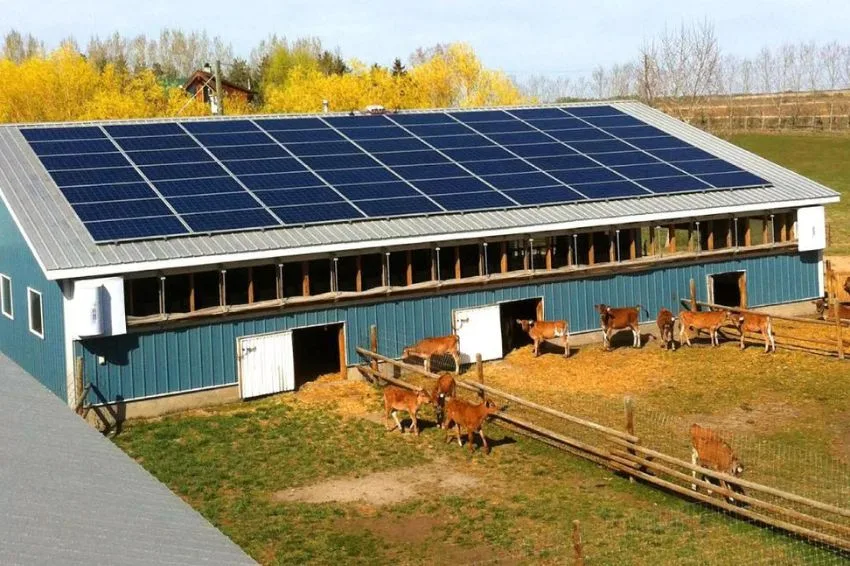A CMA (Environment Committee) of the Senate approved, unanimously, this Wednesday (04), the Bill 412/2022, which regulates the carbon market in Brazil through the creation of the SBCE (Brazilian Greenhouse Gas Emissions Trading System).
The objective of the new legislation, which will still be submitted for voting in the Plenary, is encourage the reduction of toxic gas emissions meeting the determinations of the National Policy on Climate Change and international agreements signed by Brazil.
The project foresees that the companies that emit more than 10 thousand tons of C02 per annum have to present a monitoring plan it is a greenhouse gas emissions and removals report.
Already the companies that emit more than 25 thousand tons of gases per year, in addition to being obliged to comply with all previous rules, They must also receive a quota that will establish a limit for gas emissions in their production line.
O non-compliance of the rules may result in punishment as a fine of up to R$ 5 million or 5% of the company's gross revenue. An act by the SBCE management body will define the punishable infractions. Other sanctions foreseen are:
- Activity embargo;
- Loss of tax benefits and financing lines;
- Prohibition of contracting with the public administration for three years; It is
- Cancellation of registration.
The project also provides that individuals and legal entities not required to participate in the SBCE can voluntarily offer carbon credits.
The rule applies to credits generated from projects or programs to reduce or remove greenhouse gases, such as the restoration of permanent preservation areas or legal reserves. The matter now goes to the Chamber of Deputies.
Agribusiness outside the rules
A vote on PL 412/22 It was initially scheduled to be held on September 27th, but a group of parliamentarians linked to the agribusiness sector postponed the discussions in the CMA (Environment Committee) of the Senate.
The latest version of the report, which includes a new paragraph that does not consider primary agricultural production as activities, sources or facilities regulated and submitted to the SBCE, was approved for the project this Wednesday (04).
In this sense, the agriculture was not included in the regulation, under the justification of being an economic branch of food security and due to the many uncertainties that still exist in the emissions estimation methodology.
“Agriculture is currently excluded. We made an agreement that was fully complied with. We are already working so that agriculture has its metrics and can be in this market soon, but safely and with our metrics” stated Senator Tereza Cristina (PP-MS).
This Wednesday's meeting was attended by Minister Alexandre Padilha, of Institutional Relations. Parliamentarians representing the ruralist bench praised the change.
Transitional period
O PL 412/2022 establishes a transitional deadline for the rules to come into force related to SBCE. According to the text, the managing body will have up to two years to regulate the system.
After the regulation is made, operators will have another two years before they are forced to reconcile their targets – within this period, they must only present plans and reports on emissions.
According to the text's rapporteur, Senator Leila Barros, the carbon market moved around US$ 100 billion in 2022, with systems in operation in several countries.
“Brazil has a crucial role to play in meeting the demand for environmental assets in the context of a global carbon market, considering our immense forestry heritage and our energy matrix. A robust regulatory framework is the basis for the intended economic and climate transition”, wrote the parliamentarian in the report.
In the assessment of entities linked to the renewable energy sector, approval of the bill was necessary.
“It is a strategic measure for the business sector and for the country, with the potential to generate jobs and income based on sustainable businesses”, said Marina Grossi, president of CEBDS (Brazilian Business Council for Sustainable Development).


